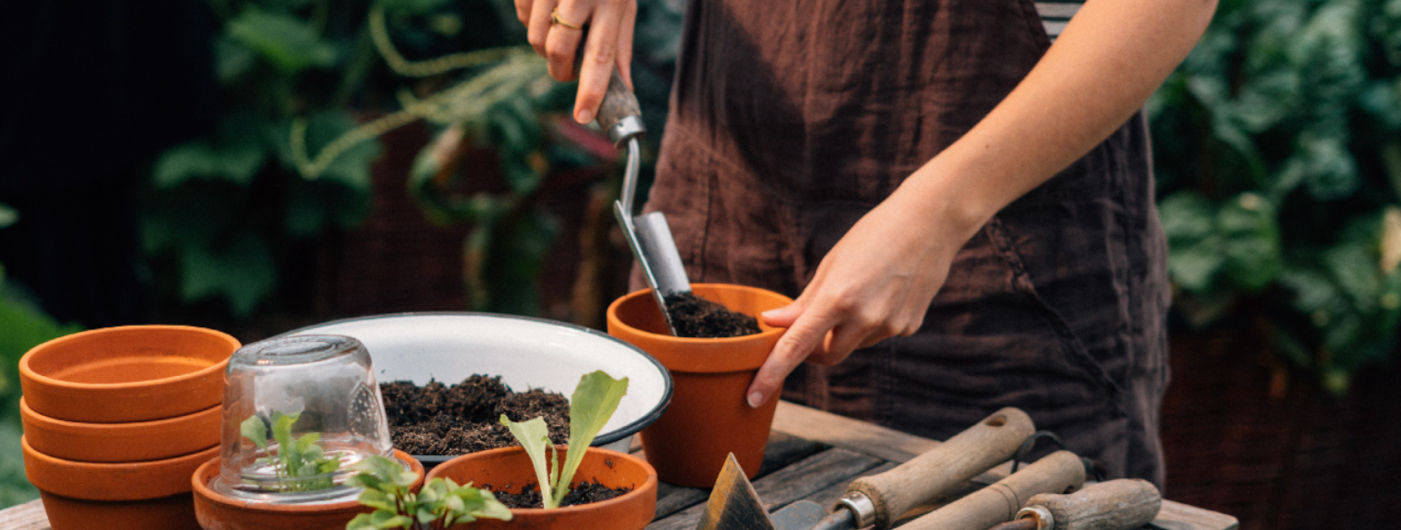Vegetable seeds
Here’s where you’ll find our unique and unusual vegetables. We stock seeds for heritage vegetables and also for selected newer varieties. What they all have in common is that they are open-pollinated, which means you can propagate them yourself: not only will you get an abundant crop but you can also harvest seed to use in the next growing season.
Heirloom vegetable varieties – old cultivars with a long history behind them – are increasingly popular and so they occupy a prime position in our range. But of course we don’t want to ignore the newer varieties that are also available, selected for strength and flavour using traditional plant breeding methods.~|||~
“Vegetables” is actually not a very precise term, covering not only the plants we grow for their edible parts – such as their roots, leaves or buds – but also various fruits and seeds, as is the case with squashes and beans. The borderline between vegetables and fruit isn’t a clear one. What is clear, though, is that vegetables and their cultivation have been part of human history right from the start.
Vegetables mainly comprise annual and biennial varieties, which are harvested a year after sowing at the latest and then need to be planted out and grown again. Perennial varieties are the exception. We can’t know exactly where many kinds of vegetables originally came from as seeds were intensively traded worldwide from a very early stage – yet the old cultivars still available in their original form, also called heirloom varieties, are mostly well documented. They are also open-pollinated and – thanks to their long cultivation history – unaffected by modern genetic manipulation.
Growing vegetables from seed: direct sow outside or start indoors?
Nowadays it’s easy to order vegetable seeds from all over the world, and many unusual varieties from other continents are actually well suited to growing in a moderate Central European climate, even if it might sometimes need more effort or mean growing them in a greenhouse or as a pot plant. As soon as the seed packets are there in front of you the first decision needs to be made: start the seeds indoors, direct sow them outdoors, or even grow them wholly as a pot or container plant?For a very large proportion of vegetable seeds, starting the seeds indoors is recommended. Ideally you will then have strong young plants that can be planted out in your veg plot at the perfect time, producing early harvests. Plants that don’t have especially sensitive roots are well suited to this method: they can tolerate pricking out and planting out without any problems. Varieties also really worth starting indoors are those that need a longer growing period than an average Central European summer generally permits – including, for example, aubergines, broccoli, cauliflower, chilis and sweet peppers, brussels sprouts, tomatoes and onions.
Other vegetable plants don’t cope well with being transplanted and should preferably be direct sown in your plot. In particular this includes root vegetables such as carrots, parsnip, beetroot and turnips. On the plus side these varieties are generally winter-hardy and can be sown outdoors before the last frosts. Then there are other plants like melon, beans and squashes that don’t like being transplanted and grow so quickly that they’d soon run out of space in a pot.
Ordering vegetable seeds: when’s the perfect time?
Seeds are certainly very resilient and can be shipped all over the world – yet at the same time these are organic plant products and you should factor this in when planning your veg garden for the coming year. Germination rates for many vegetable seeds begin to decline steeply after just six months, and after two years these seeds will only germinate very sparsely – leek, parsnip and onion seeds are among those with the reputation of not keeping very well.Then there are other seeds that can remain viable for many years – this applies in particular to the old, long-established “heirloom” varieties, which have in some cases been cultivated over several centuries and are extremely robust and resilient. Finally how the seeds are stored is also a decisive factor – most vegetable seeds prefer to be stored in a dry place that is cool and dark.


